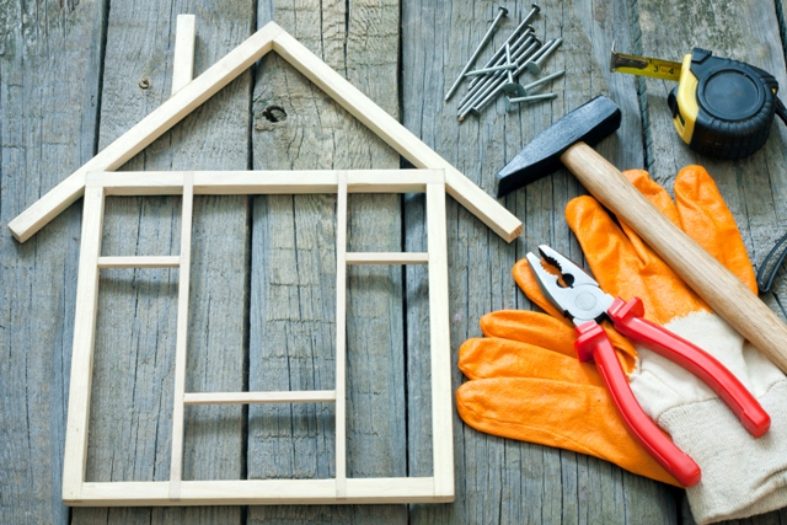Dreaming of a larger living space without the hassle of moving? Then your dream can now be made a reality by simply planning for a home extension loan. By understanding the basics of these loans, you can make informed decisions and create the home you’ve always wanted.
What is a Home Extension?
A home extension involves adding more space to your existing property. This could include building an extra bedroom, a home office, a kitchen extension, or a conservatory. The extension type will depend on your specific needs and the space available around your property to accommodate this.
What is a Home Extension Loan?
A home extension loan is a financial product designed to fund the expansion of your existing home. Unlike traditional home improvement loans, which cover renovations, these loans specifically cater to adding more living space to your property. These loans help by giving flexible repayment options along with reasonable interest rates.
Why Consider a Home Extension Loan?
A home extension loan can offer several advantages beyond simply creating more space:
- Accommodate a Growing Family: As families expand, additional rooms for children, home offices, or guest spaces become essential.
- Aging in Place: For older homeowners, extensions can incorporate accessibility features, making the home suitable for changing needs.
- Increased Property Value: A well-executed extension can significantly boost your home’s market value, making it a worthwhile investment.
- Potential Rental Income: Adding a self-contained unit can generate additional income through rental.
- Improved Lifestyle: A home extension can enhance your overall quality of life by providing more relaxation, hobbies, or entertaining space.
- Storage Needs: Lack of storage is a common household issue. An extension can provide much-needed extra space for belongings.
Factors Affecting Your Eligibility
Several factors influence your eligibility for a home extension loan:
- Income: A stable income is crucial for repaying the loan.
- Credit Score: A good credit score increases your chances of approval and better interest rates.
- Home Value: The value of your existing home determines the loan amount you can borrow.
- Property Location: The location of your property can influence the loan amount and interest rate.
The Home Extension Process
Extending your home involves several steps:
- Planning and Design: Determine the desired extension and create a detailed plan. Consult with architects or designers too.
- Obtaining Permits: Secure the required permits from local authorities.
- Finding a Contractor: Hire a reputable contractor with experience in home extensions.
- Securing Financing: Apply for a home extension loan.
- Construction: Oversee the construction process, ensuring it adheres to plans and regulations.
Tips for a Successful Home Extension
- Detailed Budgets: Outline all costs, including materials, labour, permits, professional fees, and potential contingencies.
- Explore Financing Options: Compare different loan options to find the best fit for your needs.
- Consider Future Value: Evaluate how the extension will impact your property’s value and resale potential.
- Prioritize Energy Efficiency: Incorporate energy-saving features to reduce utility costs and increase sustainability.
- Professional Advice: Consult with architects, designers, and contractors to ensure the project is executed efficiently.
- Time Management: Allocate sufficient time for planning, design, permits, construction, and potential delays.
A home extension can drastically improve your living space and your overall property value. By carefully planning your project and securing suitable financing, you can transform your home to meet your evolving needs. Keep in mind things like the budget, design, and local regulations to make sure you have a smooth process with the extension and the amount of loan you require. Taking the right home extension loan will help turn your dream into reality.
This is a guest post from a guest author.



